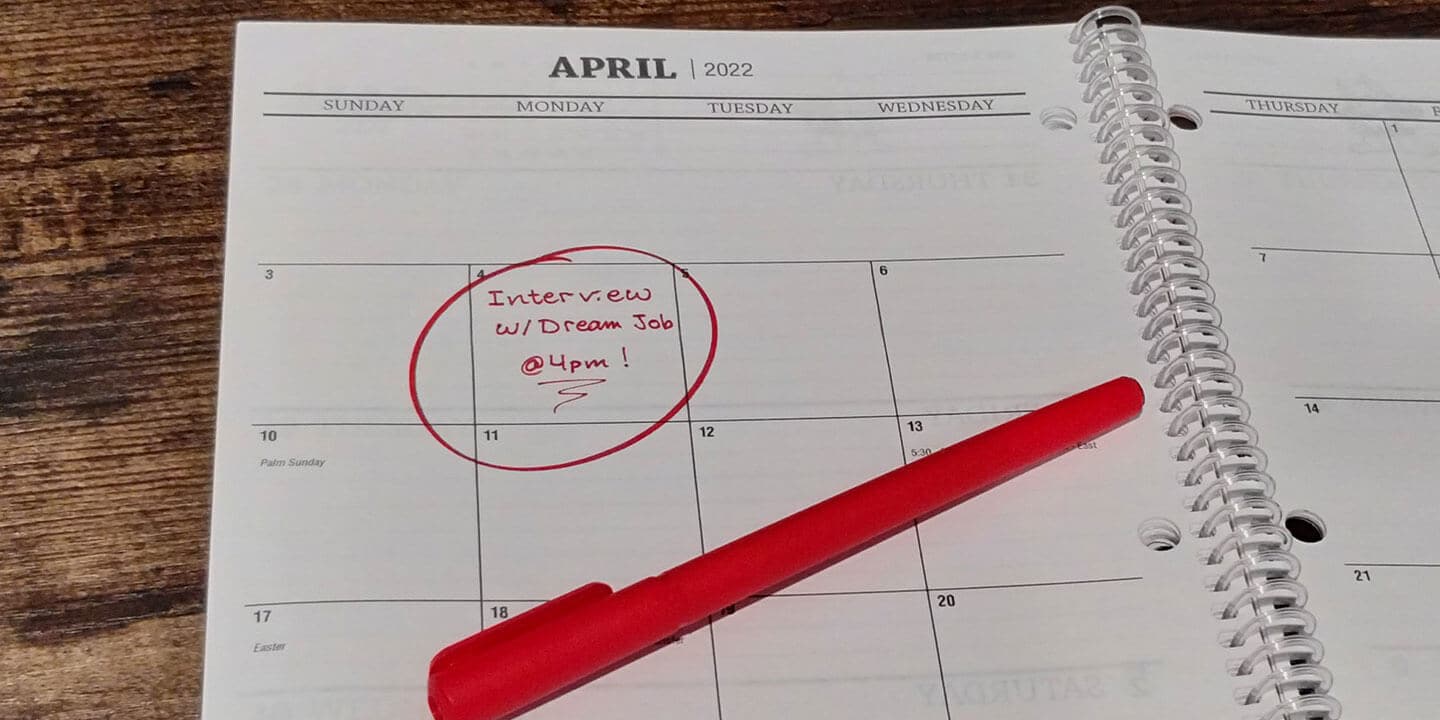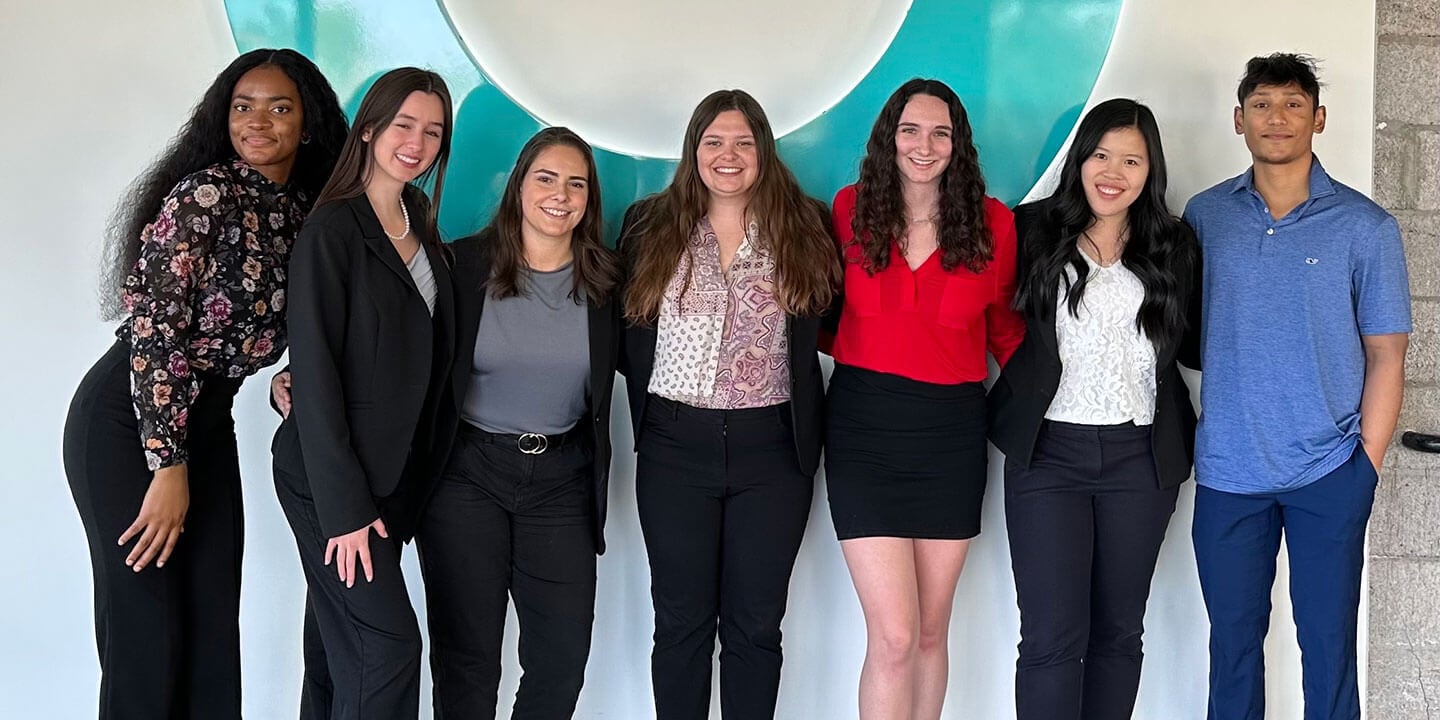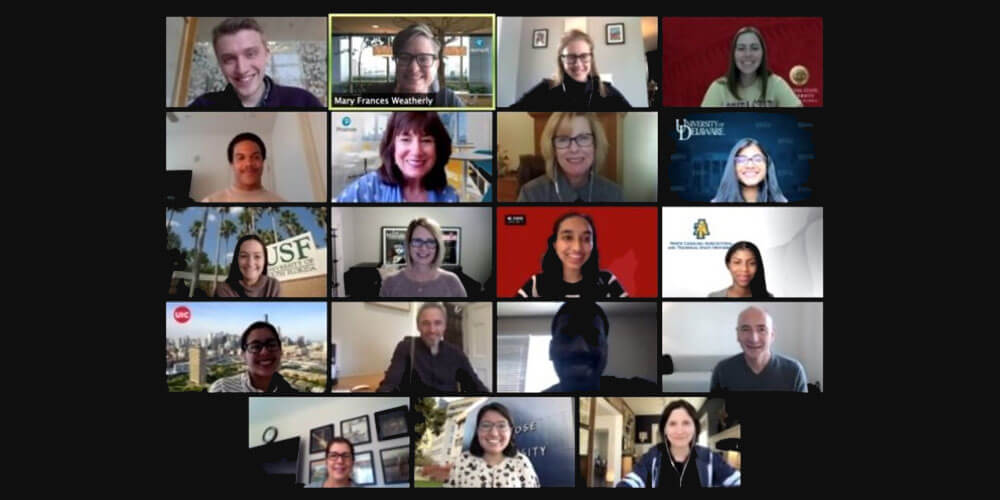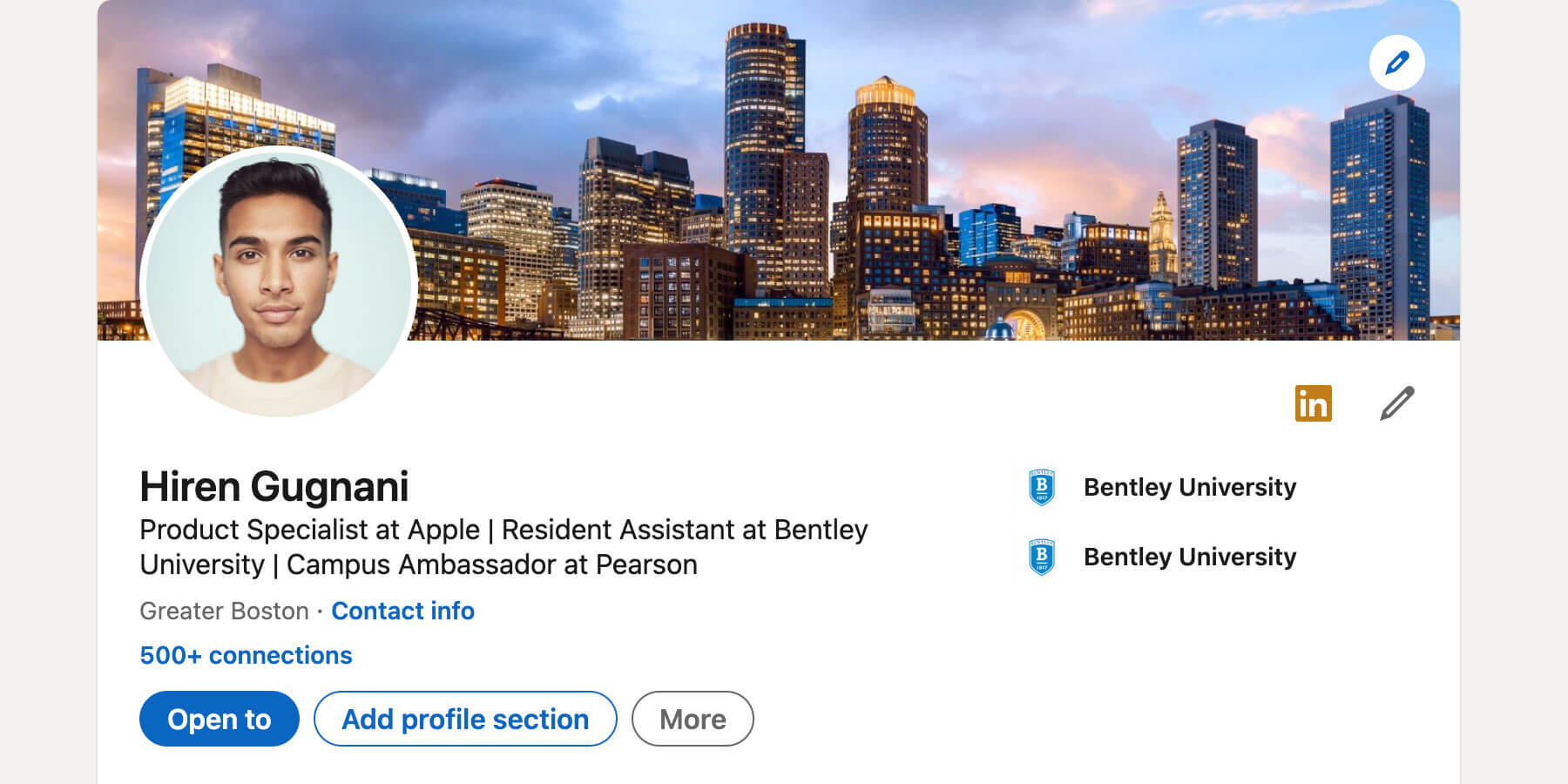
Writing Samples for Job Applications: Putting college essays to work
Jobs and internships that require skilled writing will almost always request a writing sample with your application. Luckily, college is filled with writing, and I’m willing to bet you already have a rough draft ready to refine for your sample. With some fine-tuning, essays, memos, and creative pieces can become excellent examples of your work. Revise papers with the appropriate tone and style for the company or industry and showcase the skills you highlight in your resume for a compelling writing sample.
Setting standards for your writing sample
A good place to start when refining your paper is to decide what you like about it. Do you like the topic? The format? The impact of the prose? Depending on what you like about the paper, refine it to strengthen its other attributes. Ensure your paper meets your writing standards for writing quality, tone, style, and formatting.
Select an excerpt or revise and set your focus
Ultimately, you’ll want to trim your piece down and create two versions: a one-pager and something under five pages. Consider whether your writing sample should include your entire essay or just an excerpt (or both to account for both versions). When revising an excerpt or full piece, focus on the job and your brand. Make sure the tone is appropriate for the job you’re applying to. Recruiters in every industry want to see your ability to synthesize information into something that is clear and concise. Then, consider your primary skills and your personal brand. Does your writing sample represent you, your resume, and your talents?
Polish your writing sample and add an intro
Every job will be different and will likely specify their word count or page length preferences for writing samples. As mentioned in the section above, having a one-pager and something longer (3 pages is a sweet spot) should help you cover your bases. Add an introduction to all your writing samples that briefly explains where the piece comes from and why you selected it as your sample. Here’s an example:
This paper has been revised from a March 2024 submission for an American Politics assignment that analyzed shifts in dominant political parties in the United States. I chose this as one of my writing samples because it demonstrates my ability to synthesize original research into a concise summary and accessible visuals.
Note: While you want your writing sample to be polished and professional, you still want it to be representative of the quality of work your future employer can expect on a regular basis. Make it pretty but keep it real.
Prioritize your objectives for your writing sample
- Show you can do the job — What does the job require? Memos, articles, visuals?
- Support your resume — What skills are you highlighting? Research? Communication?
- Make it memorable — What do you want the recruiter to remember about you?
- Make it relevant — Bonus points for pieces relevant to the industry or job.
Polish your writing sample to submit to jobs and be on the lookout for future opportunities to add to your portfolio. When you have that magical moment at the end of a project where you review it and think, “not bad, Me,” set it aside to refine into your next professional writing sample. Revise it to show: (1) you can accomplish the job you’re applying to, (2) you can do what you claim in your resume, (3) you’re a culture fit, and (4) you have an interest in the work.
Do you have a compelling story or student success tips you’d like to see published on the Pearson Students blog? If you are a college student and interested in writing for us – click here to pitch your idea and get started!







